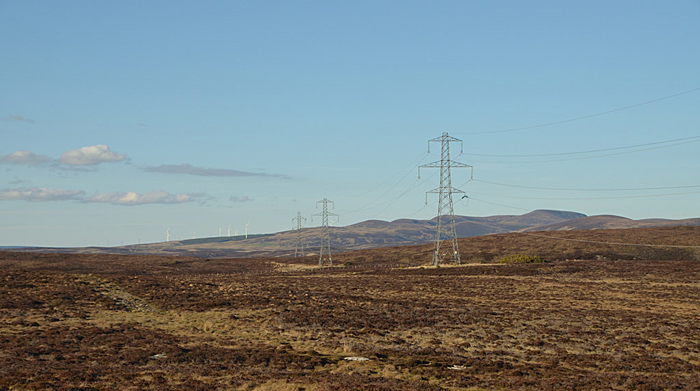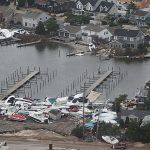ComEd Leads Climate Risk Planning Study to Predict Grid Impact

Image courtesy of Andrew Tryon under this Creative Commons License, resized to 700 x 391 pixels.
ComEd, in conjunction with stakeholders from the Dept. of Energy (DOE) and the Electric Power Research Institute (EPRI), is spearheading a climate risk planning study to help understand the potential impact of climate change on the U.S. power grid. Here’s what you need to know.
Details of the Climate Risk Planning Study
The study is the first to be conducted in ComEd’s region and is one of the first overall to look at the impact of electrification as it relates to the climate risk planning process. It will analyze historical weather patterns as well as predict future patterns in order to create a holistic view of what lies ahead.
The DOE’s Argonne National Laboratory’s Center for Climate Resilience and Decision Science will lead the forecasting and analysis of future weather patterns, and the EPRI’s Climate READi initiative, launched April 2022, will utilize the DOE information as the launchpad for developing a common framework for enhanced grid resilience going forward. Exelon, ComEd’s parent company, is one of the 13 companies that make up the membership of the Climate READi initiative.
The results of the study, which will be incorporated into the company’s integrated grid plan due to be filed with the Illinois Commerce Commission (ICC) in Jan. 2023, will hopefully allow ComEd to determine best practices for building climate-resistant infrastructure.
I definitely applaud this effort. While there have been other climate risk planning studies released over the past few years, the ComEd-led study is one of the largest to date, and is also the first one focused on the Midwest. It certainly won’t be the last study focused on this topic, but it will probably be one of the most important due to its geographical ramifications as well as the nature of the agencies and stakeholders involved.
There is little doubt, climate risk planning is a critical offshoot of emergency preparedness in the utility industry, and studies like this one will be crucial for a resilient future.



